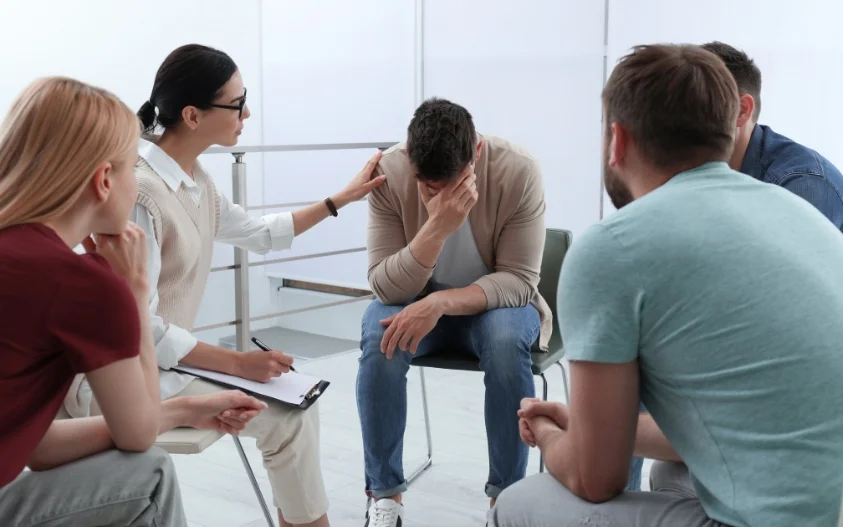24/7 Helpline:
(866) 899-111424/7 Helpline:
(866) 899-1114
Learn more about Morphine Rehab centers in Towaoc

Other Insurance Options
Beacon

WellCare Health Plans

Health Partners

UMR

Molina Healthcare

Excellus

Coventry Health Care

BlueShield

Ambetter

Magellan Health

PHCS Network

Holman Group

Magellan

Highmark

ComPsych

Evernorth

EmblemHealth

Optima

Access to Recovery (ATR) Voucher

Choice Care Network









The Recovery Center
The Recovery Center is a non-profit rehab located in Cortez, Colorado. The Recovery Center specializ...

1st Alliance Treatment Services
1st Alliance Treatment Services is located in Cortez, Colorado. 1st Alliance Treatment Services prov...

Misfit Addiction Counseling
Misfit Addiction Counseling is a public rehab located in Cortez, Colorado. Misfit Addiction Counseli...






































